China’s FM assures Russia, India of deepening cooperation
Chinese Foreign Minister Qin Gang has assured his Russian and Indian counterparts of expanding "coordination and cooperation" as the three global heavyweights devise new mechanisms to bypass the hegemony of the US dollar.
Qin Gang and his Russian counterpart Sergei Lavrov held a meeting on the sidelines of the Shanghai Cooperation Organization (SCO) summit in Goa, India, on Thursday. The two ministers criticized the use of "neocolonial practices" to conduct affairs, insisting that the hegemonic approach left a destructive impact on the development of many states, the Russian Foreign Ministry said in a statement.
The two also discussed the increased activity of the West in the Asia-Pacific region and exchanged views about the current state and prospects for further development of the SCO across Eurasia, praising its growing authority in world affairs and its key importance in the regional security architecture.
A peaceful solution to the Ukrainian crisis was another pressing issue reviewed by the ministers.
The top Chinese diplomat reiterated that Beijing was "willing to maintain communication and coordination with Russia to make tangible contributions to the political settlement of the crisis."
Qin and Lavrov also agreed to strengthen communication and coordination with other SCO member-states and maintain the bloc's "unity", according to a statement from the Chinese foreign ministry on Friday.
In a separate meeting with Indian Foreign Minister Subrahmanyam Jaishankar, Qin said China is willing to deepen "coordination and cooperation" on international and regional issues with India, as well.
China, Russia and India in Eurasia -- in addition to many countries in Africa and Latin America such South Africa, Brazil and Argentina -- have all joined in on a trend in international business commonly known as de-dollarization, canceling the global dependency on the US dollar in cross-border trade.
Reports of countries seeking alternatives to or ditching the greenback keep coming in from far and wide and in a recent statement the Russian foreign minister said the transition to non-dollar currencies was inevitable.
Analysts see the de-dollarization trend and Washington's failure to stop it as the latest indicator of the collapse of the US hegemony.
Following the collapse of the Soviet Union in the early 90s, the US hegemony jumped to its peak which lasted for about 20 years, until the Great Recession.
The relative strength of the US economy supports the value of the dollar. The rise of China and other countries, according to experts, is posing great challenges against the US economy and its dollar.
China hits US with economic counteroffensive after Maduro’s abduction: Report
Ben-Gvir arms more Israeli settlers amid rising violence in West Bank
'Hands on trigger': IRGC warns US and Israel against any miscalculation
VIDEO | US and Israel’s failed terrorism
After Venezuela, Trump sets sight on Cuba for 'regime change': Report
Trump’s ‘bulldozer’ diplomacy is deepening US-France rift: Analyst
Israeli bullets found in bodies of children killed in recent Iran riots: Report
South Korean civic leaders demand peace with North


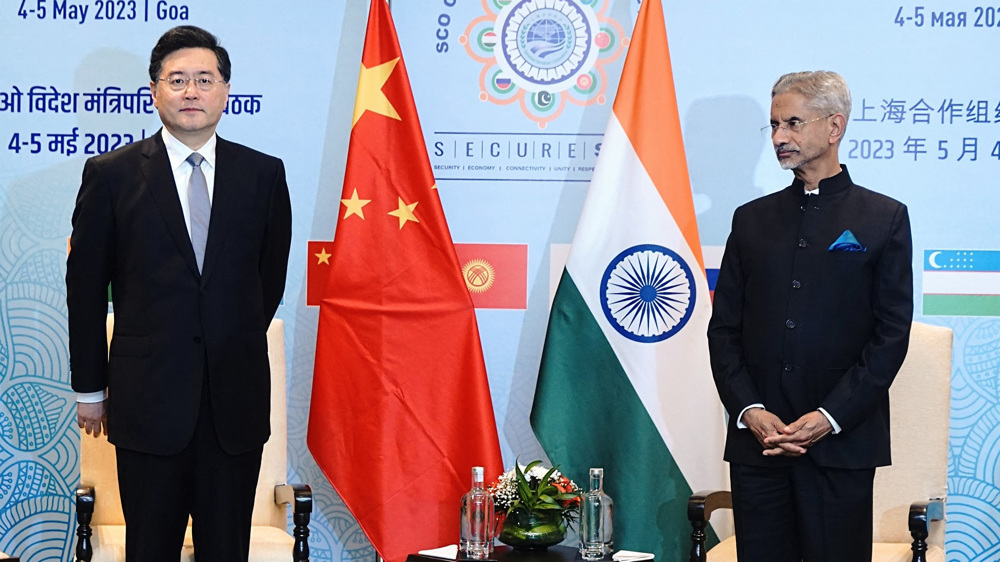
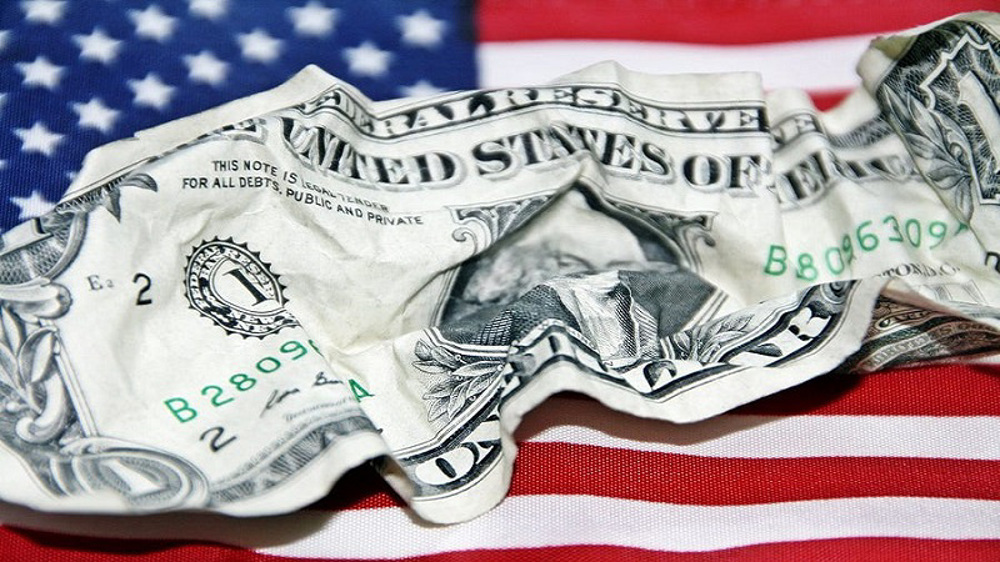
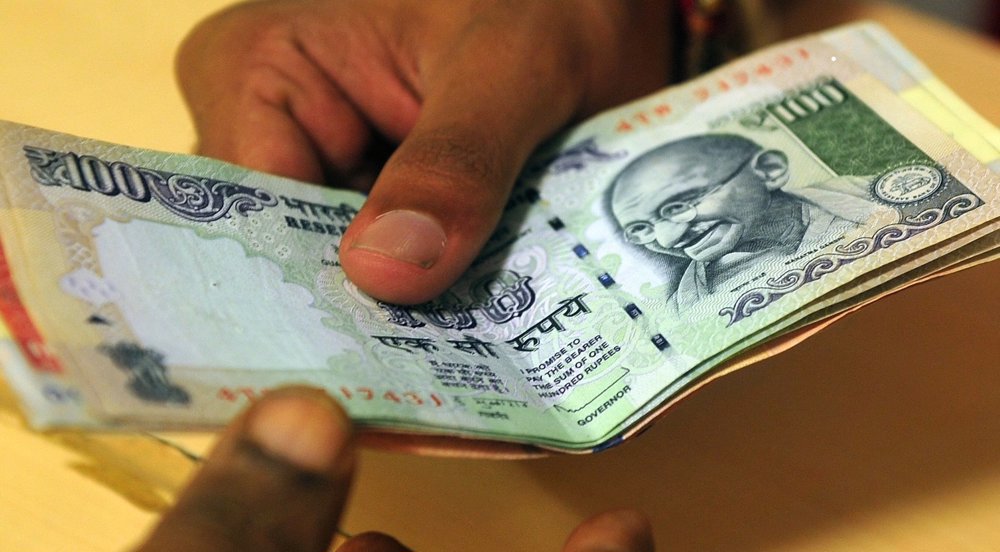
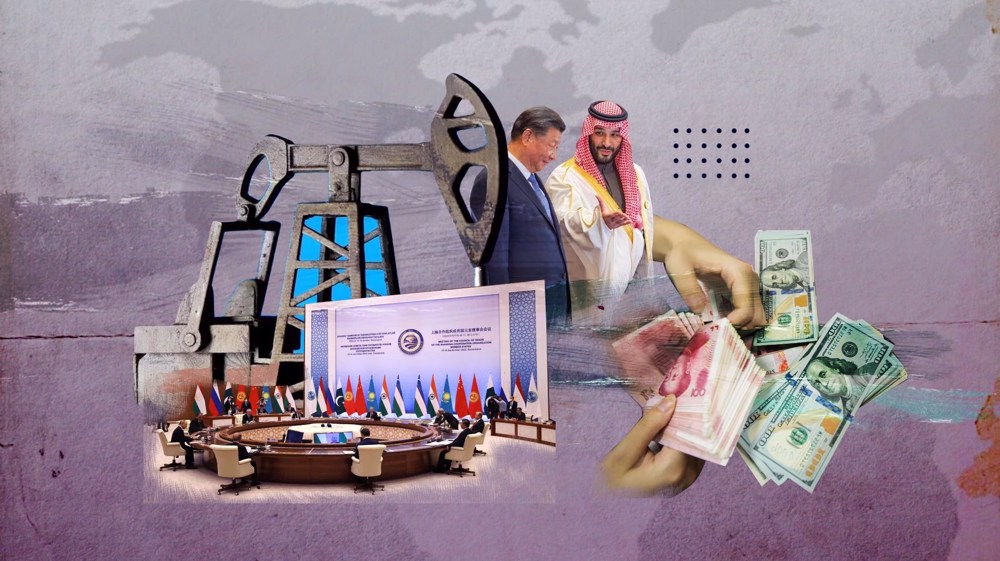
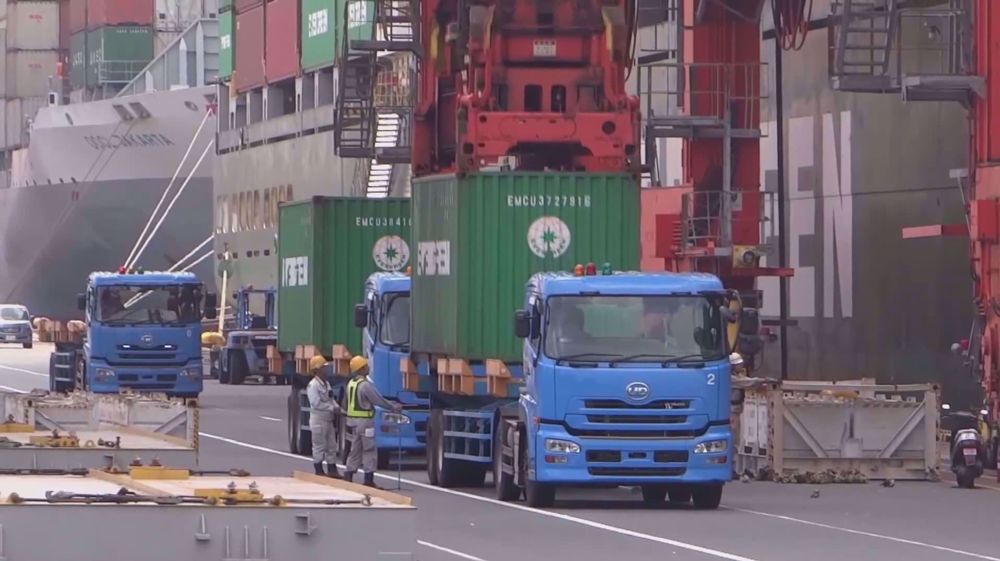
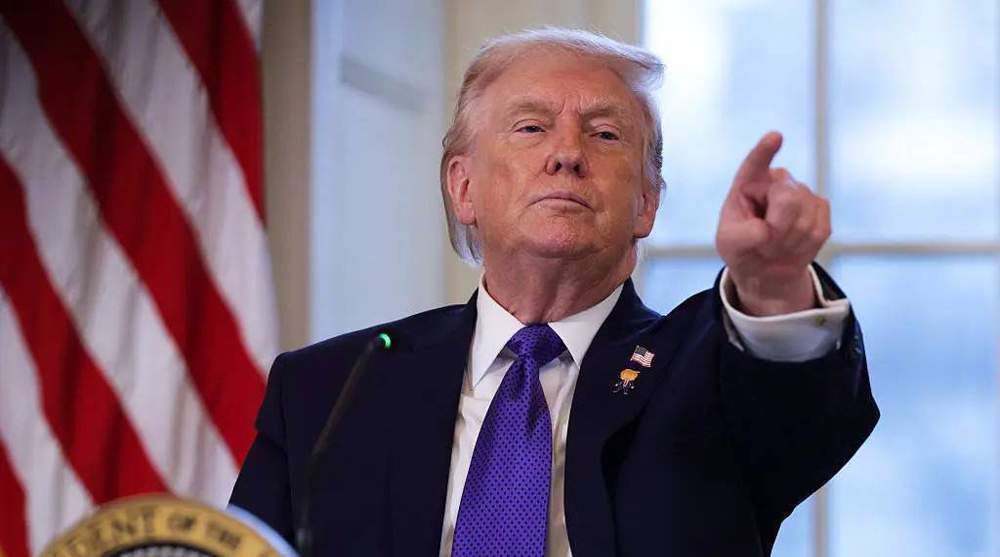
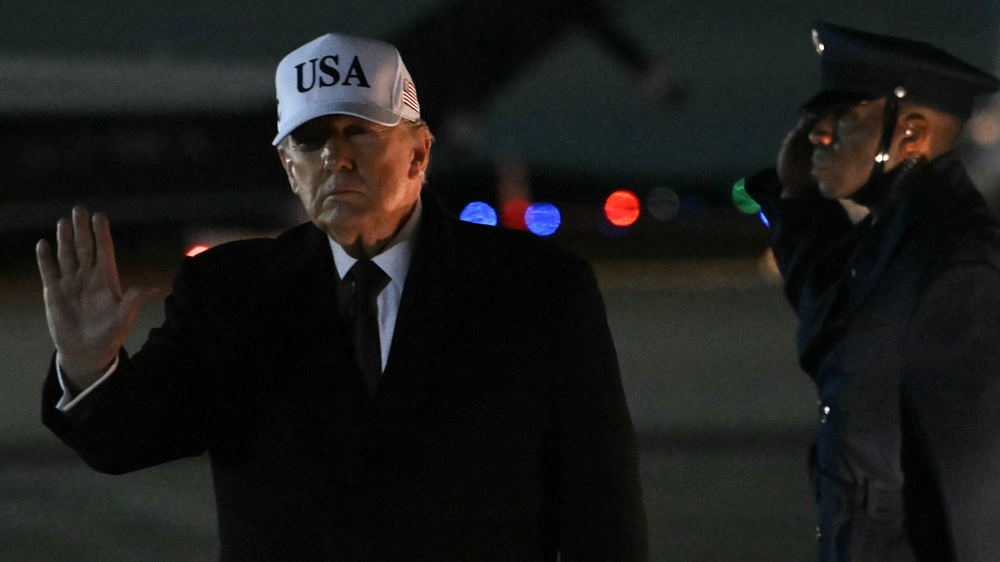
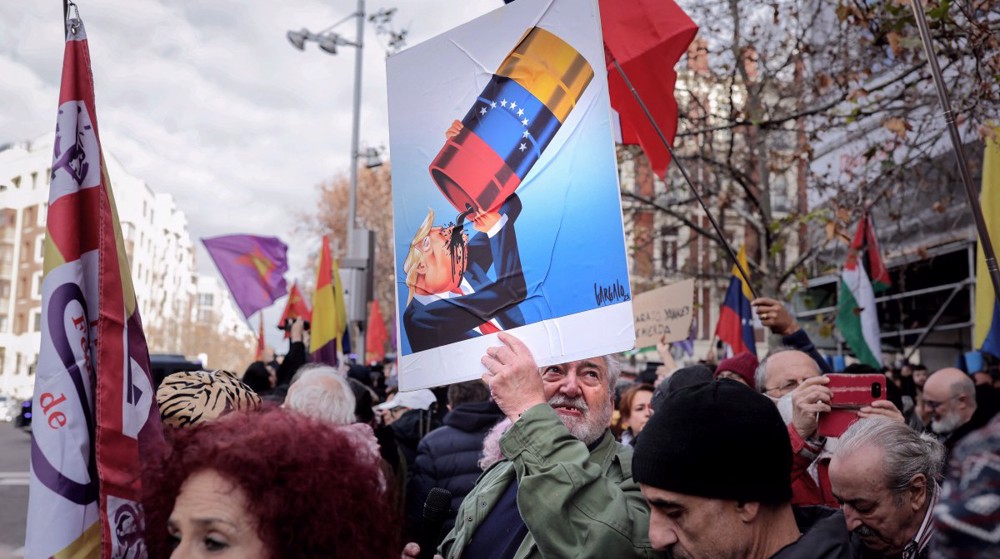



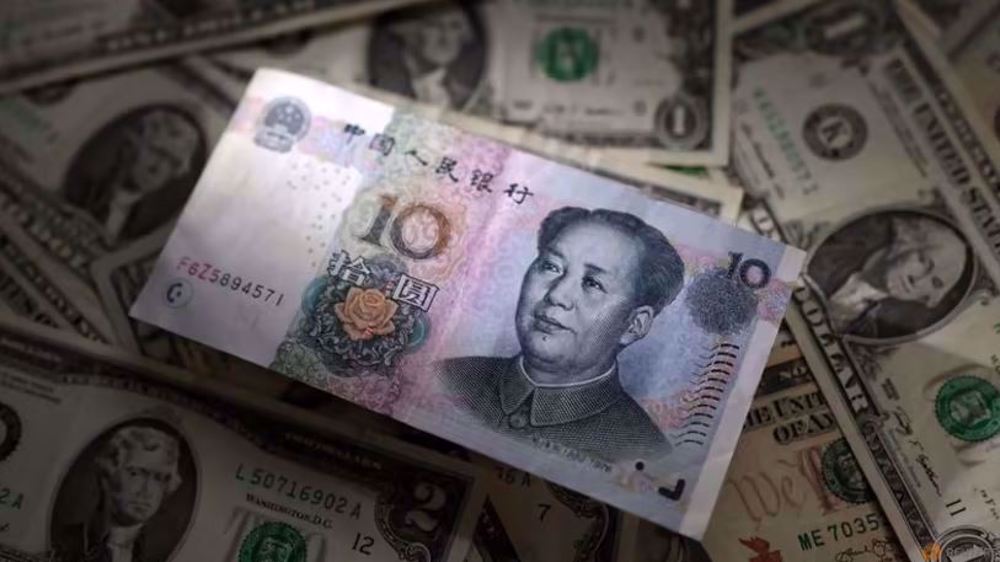
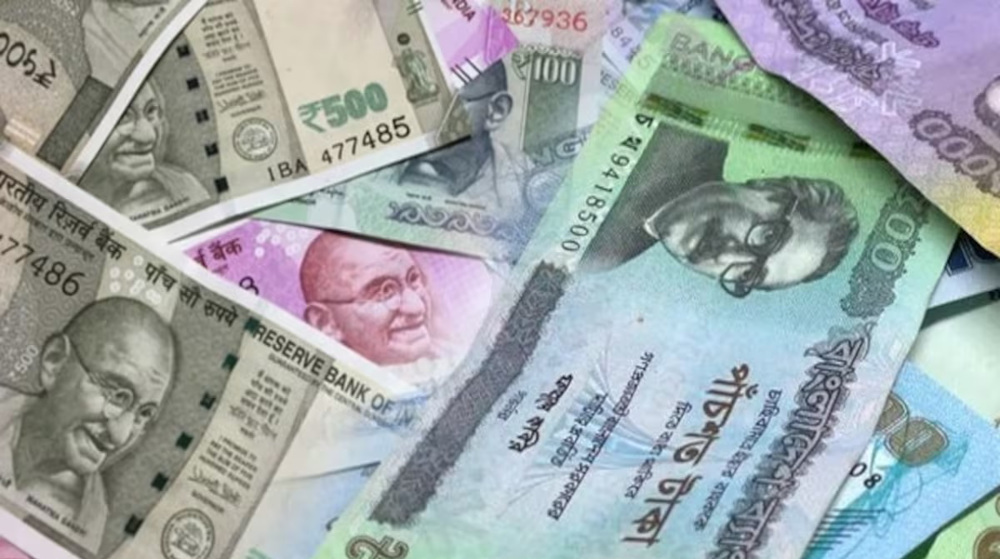
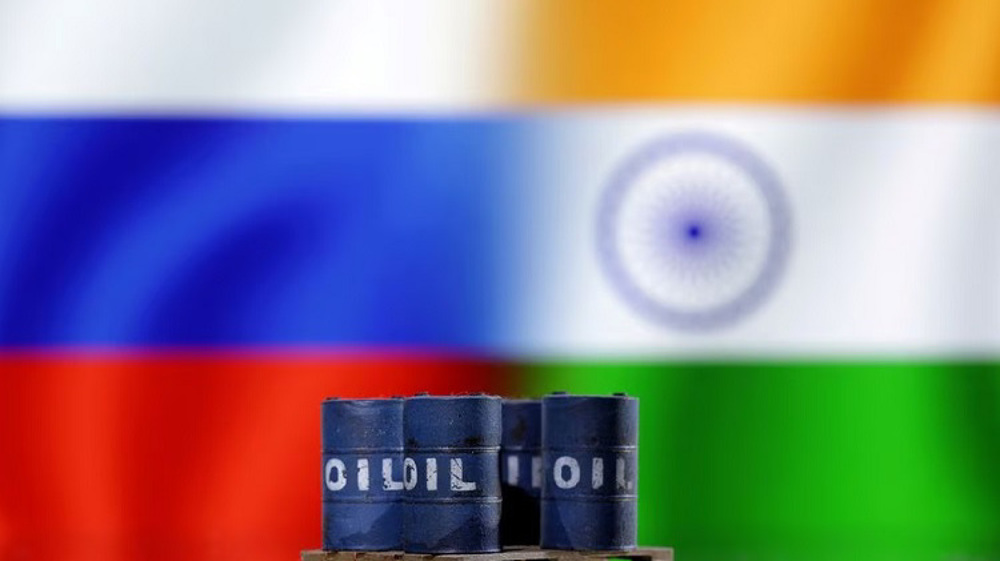
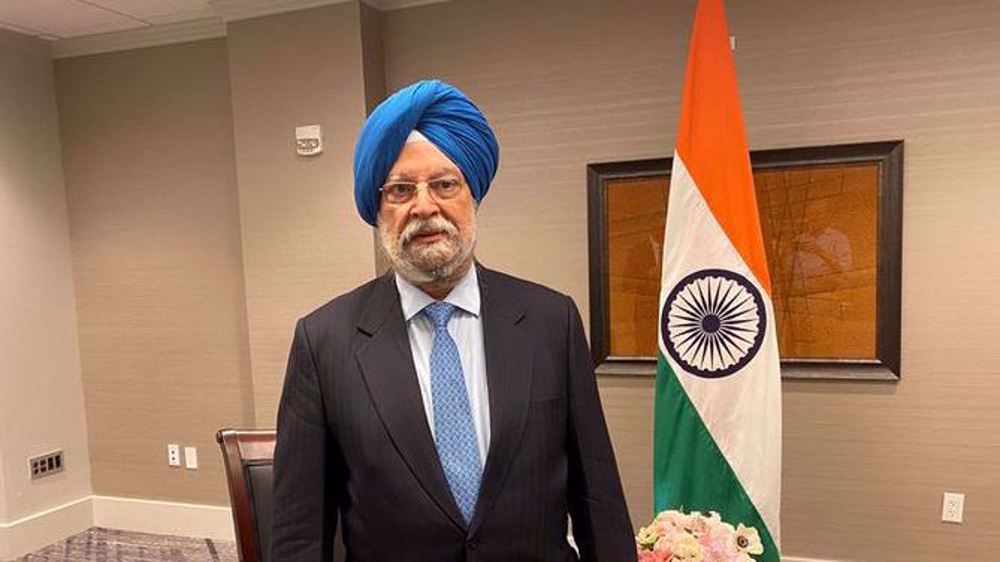
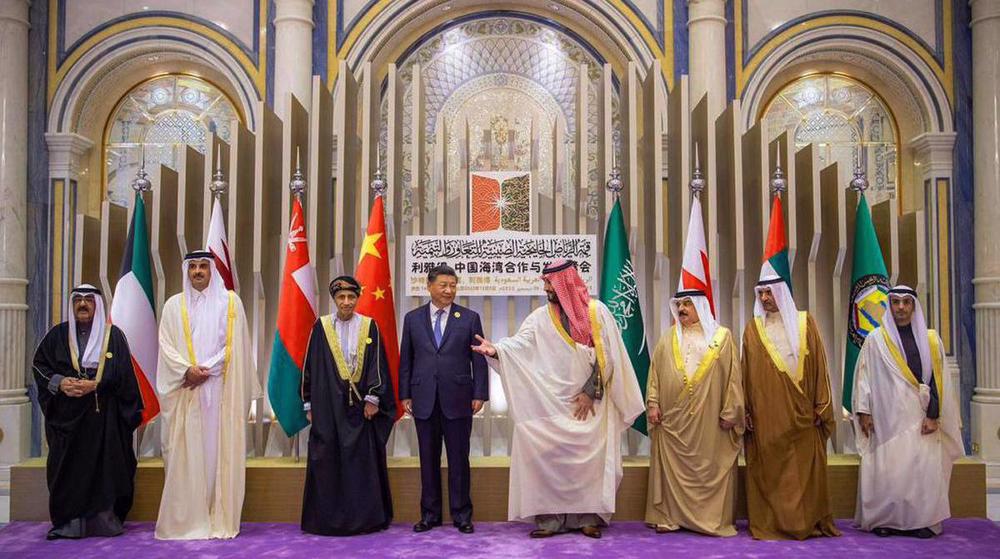

 This makes it easy to access the Press TV website
This makes it easy to access the Press TV website